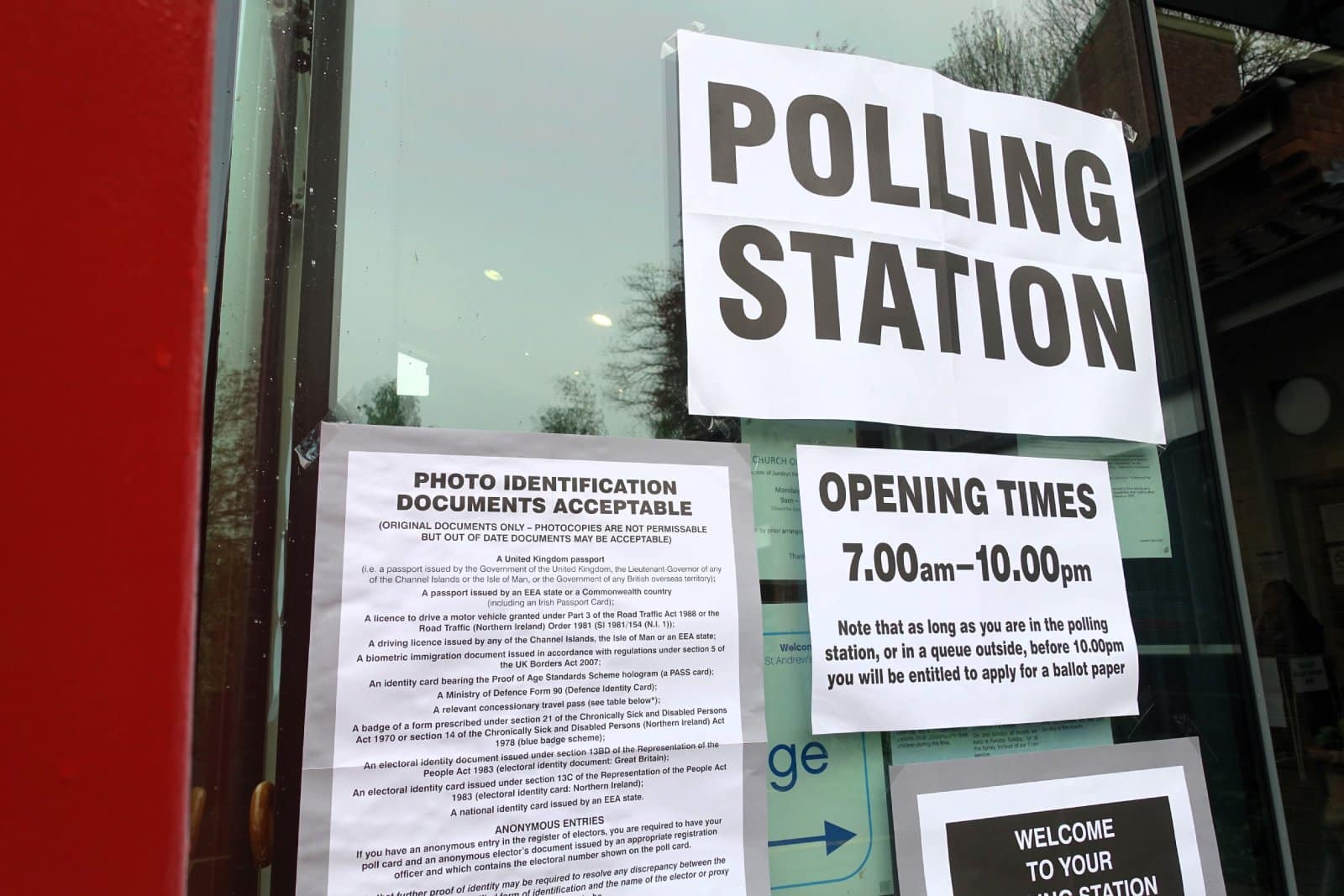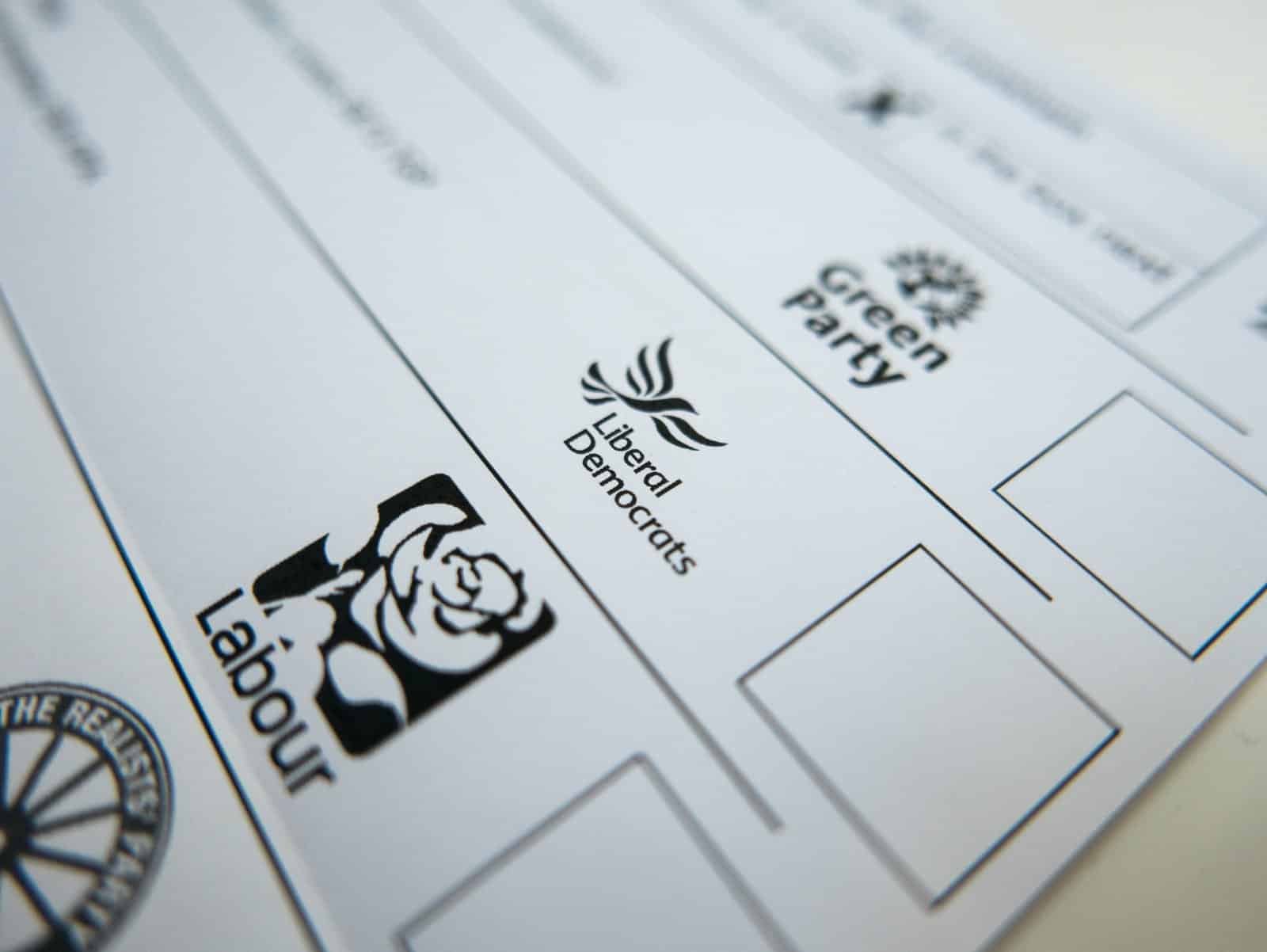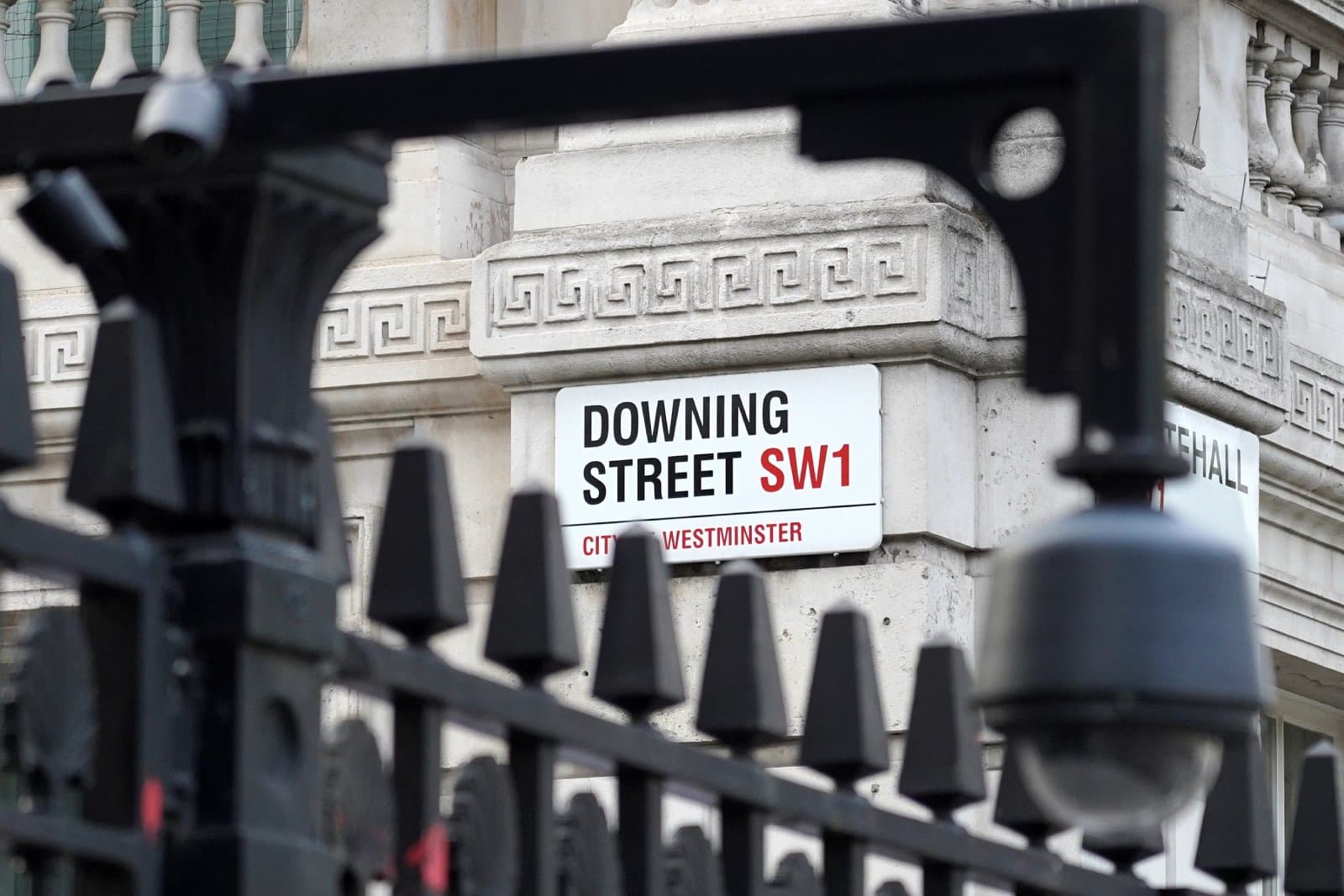Widespread postal vote delays in the UK general election have sparked urgent calls for legislative reform amid accusations that voters are being disenfranchised. Here’s the full story.
Widespread Scandal

Following the general election, a widespread scandal has begun to appear in the wake of widespread reports of disenfranchisement during the general election. Electoral administrators have highlighted severe shortcomings in the UK’s postal voting system, which has led to many voters being unable to vote in time.
Inadequate Legislation

The Association of Electoral Administrators (AEA), representing electoral officers and administrators, emphasised that current electoral legislation is inadequate to manage the growing demand and complexity of postal voting.
Integrity at Risk

The AEA has issued a stark warning about the integrity of the nation’s elections, arguing that, due to the massive increase in people voting by post, recent elections were delivered “in spite of rather than because of the fragmented framework of laws.”
Call for Reforms

The AEA has called for sweeping reforms to address the issues which have plagued the system, which has led to thousands of people being deprived of their democratic right to vote.
Record Postal Votes

The number of people voting by post is striking. This election saw a record 10 million people register for postal votes, a 20% increase from 2019.
Surge Strains Councils

Notably, 1.3 million applications were submitted between the announcement of the election and the deadline for postal vote applications. This surge significantly strained councils responsible for matching voters with the correct ballot papers, envelopes, and instruction sheets.
System Tested Severely

Laura Lock, the deputy chief executive of the AEA, told the Guardian, “Election teams are doing their very best to run this snap election, but with a short timetable and an election held when many are on holiday – plus print and delivery suppliers working at capacity – demand has severely tested the system.”
Widespread Disenfranchisement

Numerous reports of voters not receiving their postal ballots in time have surfaced, leading to widespread disenfranchisement. Among the affected are dual-national British-EU citizens mistakenly stripped of their right to vote and UK citizens who live abroad who have not received their ballot papers in time to post them back before the deadline.
Blame Game Begins

In response to the growing concerns, government officials and Royal Mail have engaged in an increasingly fraught blame game over who is responsible for the delays.
Government Acknowledges Issue

Conservative minister Maria Caulfield acknowledged the issue, stating the government is “urgently” investigating why some postal ballots were not delivered. Similarly, postal affairs minister Kevin Hollinrake urged the Royal Mail “to do all they can” to fix the issues with postal votes.
Royal Mail Pushback

However, Royal Mail has pushed back against claims that the problem is with their system, insisting that there was “no backlog” of postal votes and suggesting that the problem lay with the printing and administration of postal votes before they reached their network.
Royal Mail Response

A spokesperson for the Royal Mail stated, “We have no backlog of postal votes and, whilst we are not complacent, we remain confident that postal votes handed to us on time will be delivered prior to polling day.”
Call for Review

They added, “Where specific concerns have been raised, we have investigated and confirmed ballot packs are being delivered as soon as they arrive in our network. We would welcome a review into the timetable for future elections with all stakeholders to ensure that the system for printing and administering postal votes before they are handed to Royal Mail works as smoothly as possible.”
Call for Legislative Reforms

The AEA has proposed several legislative changes to improve the postal voting process. Lock argued, “Closing postal vote applications 16 working days before a poll, rather than the current 11, would increase capacity to process, print and post out ballot packs and, crucially, give voters more time to post them back.”
More Powers Needed

Additionally, the AEA recommended granting returning officers more powers to promptly address errors and reports of disenfranchisement.
Widespread Postal Issues

More than 90 constituencies, including those of cabinet ministers, reported issues with postal ballots not arriving on time. This disruption has raised significant concerns, particularly in constituencies with tight races.
Summer Election Criticised

The SNP’s Stephen Flynn labelled the situation a “shambles,” criticising the decision to hold the election during the Scottish school summer holidays when many Scottish families were away.
Need for Comprehensive Reform

The issues surrounding postal voting in the recent election underscore the need for a comprehensive review and reform of the current system after both the AEA and Royal Mail have called for changes to ensure the process runs smoothly in future elections.
Future of Voting Rights

Despite voting being one of the most important of the hard-won democratic rights of the public, it remains to be seen whether this issue will maintain traction following weeks of campaigning, with all the news on the new government likely to dominate the headlines.
Featured Image Credit: Shutterstock / Richard M Lee.

